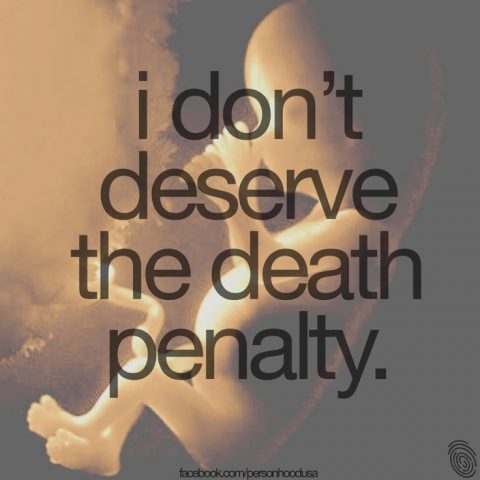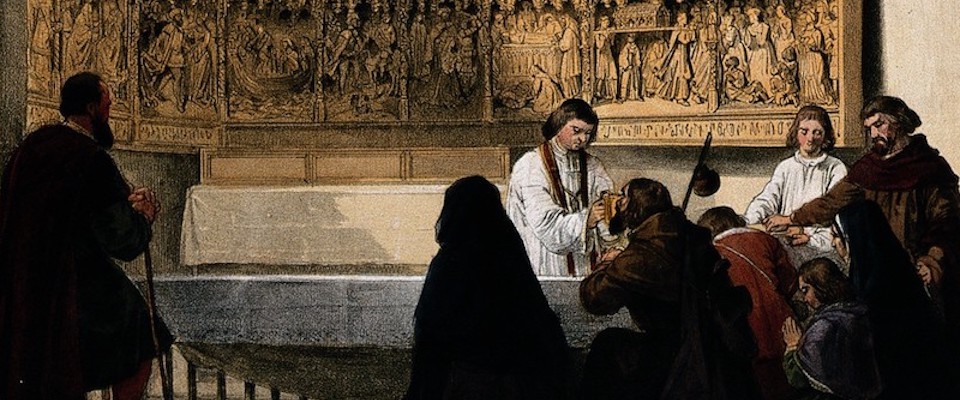Elimination of the Death Penalty Weakens Pro-Life Apologetics

Patrick J. Buchanan: War With Iran Could Destroy Trump’s Presidency
August 3, 2018
Charities, Churches Expected to Take a Hit Due to Sports Betting
August 3, 2018
Photo added by BPS publisher
By Fr. George William Rutler, First Things, August 3, 2018
Many Americans dismissed Alexander Solzhenitsyn when he criticized the decadence of Western Culture. Others more recently ignored his plea for a restoration of the death penalty: “There are times when the state needs capital punishment in order to save society.” This is Christian doctrine. Since popes are preserved from essential error by “grace of state,” none has wrongly claimed authority to call capital punishment morally evil.
“Development of doctrine” does not apply here.
As the Church’s teaching on contraception cannot “develop” in a way that would declare its intrinsic evil to be good, so the right of a state to execute criminals cannot “develop” so that its intrinsic good becomes evil. For Cardinal John Henry Newman, development of doctrine involves “preservation of type.” Changes in the way a doctrine is expressed and applied cannot alter its essence.
Some Catholics, who once pointed out the flaws in the “seamless garment” argument, now rush to put on that garment as though there has been a sudden development. By definition, the development of doctrine cannot happen overnight. The new edition of the Catechism revises the section on capital punishment. This was not a development of doctrine. It was, however, problematic for placing a prudential judgment in a catechetical text, more problematically so than in an encyclical like Evangelium Vitae. Paragraph 2266 of the Catechism names the primary consideration of retribution, but No. 2267 ignores it.
That the vast majority of opinion has turned against capital punishment is irrelevant to the case and is not universally so. Nor is it universally so that penal systems have improved in a way that renders capital punishment unnecessary. There are many very different systems.
There has been a development, not in essential doctrine, but in moral criticism. Here, I am edified by the fine scholastic logic of Justice Scalia, as when he identifies the mistaken modern equation of private morality and governmental morality.
Catholics have distinguished between peace and pacifism. They disserve systematic theology when they fail to make a parallel distinction between the dignity of life and a total ban on capital punishment. The cogency of Catholic apologetics crumbles when reason is abandoned for sentimentality in consequence of philosophical idealism and subjectivism. We also may be witnessing here some tension between personal-ist phenomenology and Thomist realism.
Absolute rejection of capital punishment weakens the cogency of pro-life apologetics. Some churchmen cite skewered statistics on the execution of innocent victims.
______________________




